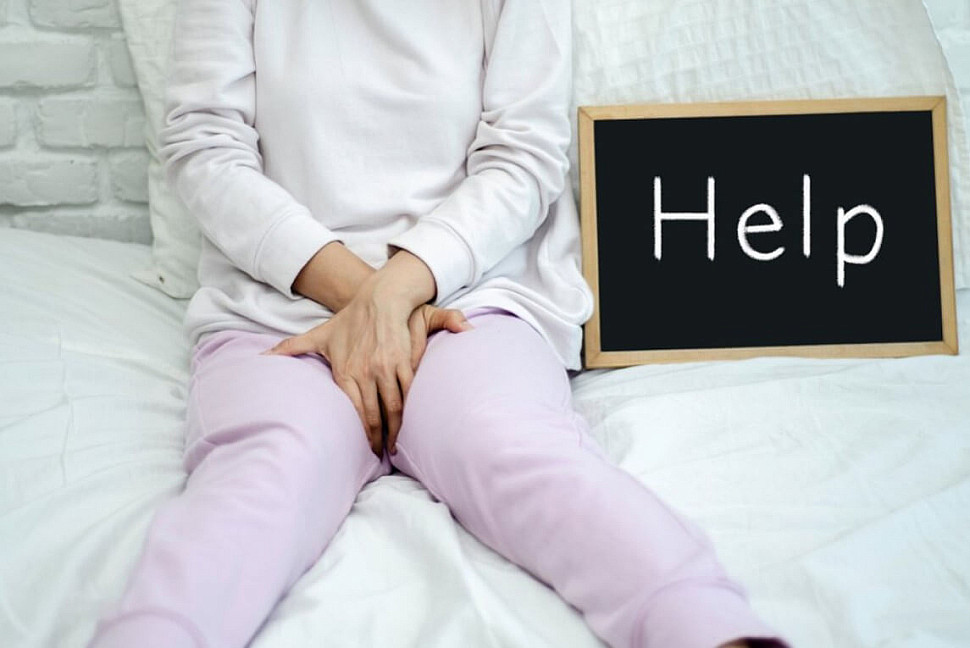9 reasons for exacerbation of cystitis

Cystitis is a disease in which the bladder membranes are affected by pathogenic bacteria, causing inflammation with corresponding symptoms. Women suffer from cystitis more often, which is due to physiological peculiarities. However, cystitis also occurs in men. Even the first episode of the inflammatory process can develop into a chronic stage of the disease with frequent exacerbations and periods of remission. This means that all the discomfort associated with the disease - frequent urge to go to the toilet, pain, stinging, burning sensation in the lower abdomen - will recur again if exacerbations are not prevented. To prevent such a situation, you need to know the main causes of cystitis and its relapses and carry out timely prevention.
What is the main cause of cystitis?
Cystitis is a disease caused by bacterial infection, and it is bacteria that play a key role in the inflammatory process. A common misconception is that urine is sterile, but this is untrue. This view is based on the outdated view that all microorganisms are pathogenic. In fact, we have a lot of different microbes in our body, including the bladder.
A small number of pathogenic bacteria and opportunistic and beneficial organisms can be found in the urine, even in healthy people. They typically enter the urine as it passes through the urinary tract but may be in the bladder itself. Normally, the immune system effectively controls the growth of unwanted bacteria and prevents inflammation. However, certain factors that allow bacteria to enter the bladder, multiply rapidly, or interfere with the wall of the bladder can cause cystitis.
Underlying causes of disease and recurrent cystitis are
To avoid creating a breeding environment for bacteria, simple rules must be followed and the underlying factors that cause cystitis must be remembered. This is the main prevention of disease recurrence.
Overcooling
Bacteria are the cause of cystitis, but adults' pleas not to sit cold make sense. Any long-term hypothermia is dangerous, especially for those who are already "acquainted" with cystitis or other inflammatory diseases of the genitourinary system. Hypothermia may reduce immunity by putting the body's defenses to work with added stress.
Food
For good reason during the treatment of cystitis, doctors recommend a special gentle diet. Sharp, spicy, salty dishes change the composition of urine, which in turn can irritate the mucous membranes of the bladder. Disturbance of natural defenses makes it easier for bacteria to penetrate the wall and begin reproduction. The result is an aggravation of a hidden or chronic inflammatory process. Therefore, such food is better to avoid.
Coffee and chocolate
Coffee, cocoa, and chocolate act on the bladder lining in a similar way as spicy food, making it easier for bacteria to attach to the walls. Excess coffee is a common cause of recurrent cystitis.
Harmful habits
There is much evidence of the negative effects of smoking and alcohol. Both of these factors have harmful effects on the immune system, which weakens it. This, in turn, is one of the main causes of the worsening of chronic inflammatory diseases. Importantly, alcoholic beverages also irritate mucous membranes, increasing the risk of recurrences.
Underwear

Although the link between underwear and bladder status may not seem obvious, it does exist. Bacteria that contribute to cystitis may ascend from the genital area to the bladder. Moreover, wearing tight clothing, especially made from synthetic materials, can encourage the growth of pathogens.
